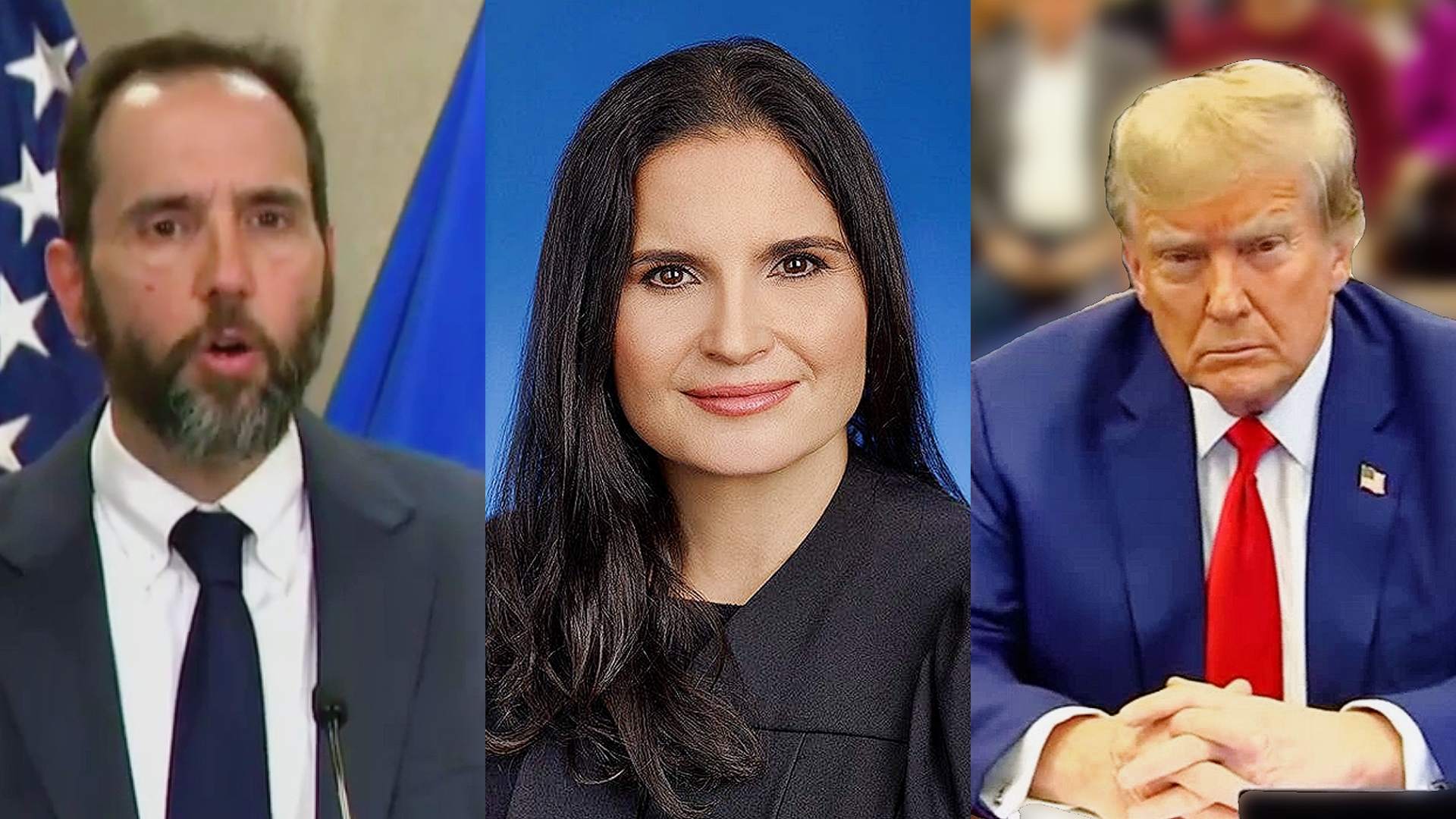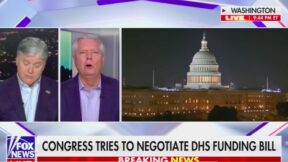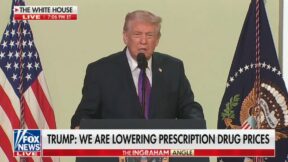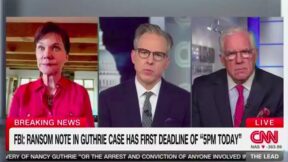Jack Smith Demands Trump-Appointed Judge ‘Correct Clear Error’ To Protect Witnesses From ‘Trump World’ Threats In New Filing

Special Counsel Jack Smith demanded Trump-appointed Federal Judge Aileen Cannon “correct clear error” in rulings that he says expose witnesses to “Trump world” threats and intimidation.
In August of 2022, the FBI raid on Trump’s Mar-a-Lago resort home kicked off a stream of invective and threats against the FBI and eventually led to Trump’s arrest and arraignment on 37 counts related to violations of the Espionage Act. Critics have accused Judge Cannon — a Trump appointee — of slow-walking the case and making rulings adverse to the prosecution.
On Thursday, Smith filed a 22-page motion in which he identified several instances of “clear error” by Cannon that could expose witnesses unnecessarily:
Because the Court applied the wrong legal standard—which, as explained below, the Government did not discuss in its prior filing—reconsideration is warranted to “correct clear error.” United States v. Grobman, 548 F. Supp. 3d 1344, 1347 (S.D. Fla. 2021) (quotation marks omitted); see Chicago Tribune Co., 263 F.3d at 1310 (“The district court required Firestone to meet a compelling interest standard. To the extent this was predicated on a constitutional right of access, it was error.”).
Second, in addition to ensuring that the correct legal standard is applied, reconsideration is warranted to “prevent manifest injustice.” Grobman, 548 F. Supp. 3d at 1347 (internal quotation marks omitted). The Court’s Orders require the public identification of more than two dozen people who participated in the investigation. Some may never testify at trial and therefore would otherwise be able to retain their anonymity and privacy absent the Court’s Orders. Others are expected to provide important trial testimony and will likely be subject to threats, intimidation, and harassment if their identities are revealed—a likelihood that is concrete and palpable in this case, as the record reveals and other judges have recognized. The First Amendment does not require the disclosure of these witnesses’ identities, particularly where, as here, their identities have no bearing on the resolution of the motion to compel.
The Government therefore respectfully requests that the Court reconsider its recent Orders and permit the sealing or redaction of exhibits that identify any prospective Government witness, constitute Jencks Act material for the same, or contain certain sensitive information described below. The Government further requests that the Court stay the Orders directing the parties to file newly redacted submissions on or before February 9, 2024, pending the resolution of this motion to reconsider. The Government has conferred with defense counsel, and they oppose.
Smith goes on to name Trump world as one potential source of the intimidation:
(R)evelation of these witnesses’ identities, or the substance of their interviews with the FBI, dangerously risks exposing them to the same type of harassment and intimidation described above and experienced by the witness in the sealed ex parte exhibit. Indeed, the witness whose statement appears in Exhibit D declined to have his interview recorded, citing the associated risks to him in “Trump world” of doing so. Exhibit D also contains the witness’s opinions about other potential witnesses and information about the case that other witnesses have revealed, but that are not public, as well as information about uncharged potentially obstructive conduct by a defendant, and speculation about witness tampering by an uncharged individual.
Read the full filing here.
New: The Mediaite One-Sheet "Newsletter of Newsletters"
Your daily summary and analysis of what the many, many media newsletters are saying and reporting. Subscribe now!






Comments
↓ Scroll down for comments ↓